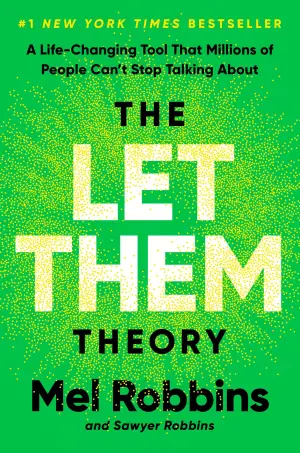Beautiful Ugly: A Complex Dance Between Love and Loss
Alice Feeney has long been a cherished author of mine; her gift for weaving suspense into deeply personal narratives is something I always look forward to. When I learned about Beautiful Ugly, I marked the release date on my calendar with glee, counting down the days until I could grab my hands on it. Thanks to NetGalley and Macmillan Audio, I was fortunate enough to receive an advanced copy. With excitement as high as my expectations, I dove headfirst into this story. But, to my dismay, the magic I had anticipated wasn’t quite there.
Beautiful Ugly revolves around Grady Green, an author grappling with the disintegration of his marriage. When his wife, Abby, mysteriously vanishes, Grady is thrust into an emotional abyss, desperately trying to solve the puzzle of her disappearance. In a bid for peace and inspiration, he retreats to a remote island, only to find it crawling with unsettling experiences and strange occurrences, including visions of Abby. The storyline intrigued me; it was rich with potential but ultimately felt bogged down by unnecessary complexity.
The characters brought a mixed bag of reactions. Grady, as the male lead, drove me to a level of frustration I didn’t quite anticipate. While I sympathized with his situation, his obliviousness to the island’s eerie happenings overshadowed my empathy. His constant proclamations of love for solitude and writing felt redundant, transforming him from a relatable character into one I struggled to connect with. I found myself rolling my eyes more than I would like to admit, wishing he had tapped into his instincts as a thriller author.
On the other hand, Abby, the wife whose absence defines the narrative, felt underdeveloped. Her role seemed almost to serve merely as a plot device, with little depth to justify her significance in Grady’s journey. Learning more about her troubled past did add emotional resonance, but it came too late to fully immerse me in her character. I yearned for stronger insights into her motivations, which could have made her more impactful, blending seamlessly into the tension of the story.
Despite these frustrations, I must commend Feeney’s writing style. She has an extraordinary ability to weave suspense that kept me engaged throughout the pages. Even when the intricacies of the plot lost me, the sheer elegance of her storytelling, along with tantalizing quotes like, “There’s no need to be afraid of the dead, it’s the living that you have to watch out for,” lingered in my mind long after I closed the book. That signature allure is the reason I awarded Beautiful Ugly 3 stars, even when the narrative faltered.
Ultimately, if you’re in the market for a book that explores the haunting depths of love, loss, and the human psyche—one that keeps you pondering what will come next—this could still be worth a read. However, a degree of patience is necessary for navigating its complex plot and character shortcomings. As for me, I’ll cherish Feeney’s magical prose while hoping that her next release will capture the brilliance I fell in love with in her prior works.















